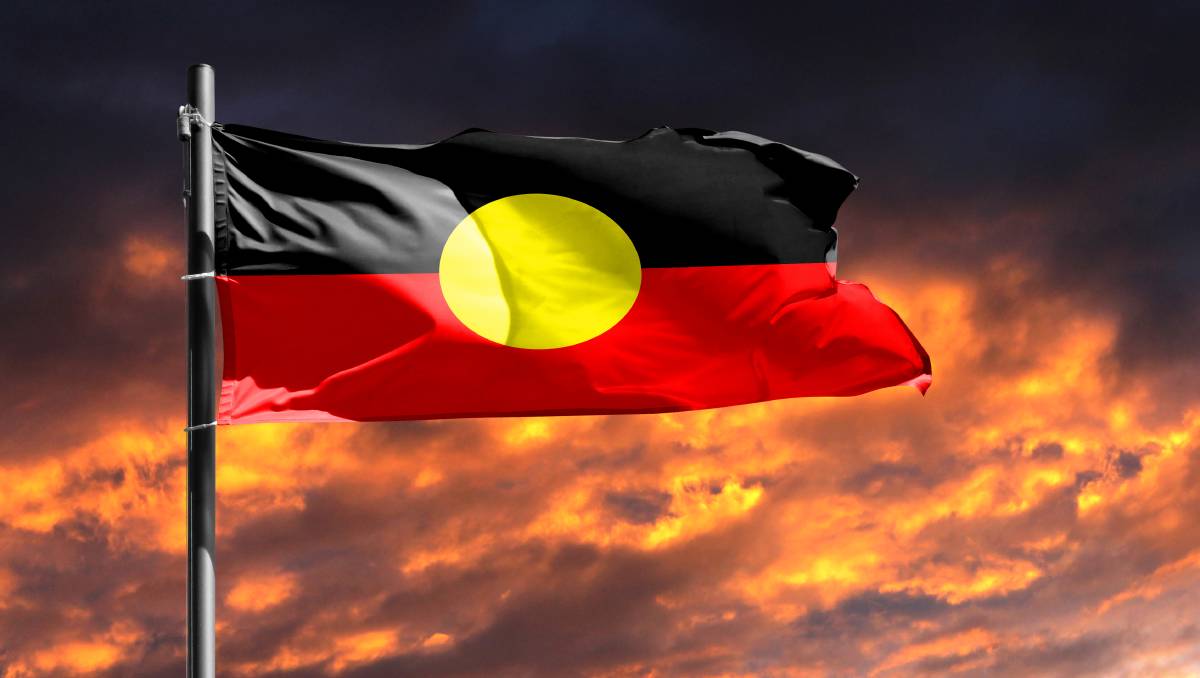How do we decolonise news reporting?

A mea culpa is welcome, but the structure of journalism cannot be decolonised overnight. Picture: Shutterstock
In summary
Decolonisation is not about replacing a Western knowledge system with an Indigenous one, but making the space to recognise multiple worldviews away from the structures of a triumphant Western empire. Dr Emma Lee writes for The Canberra Times.
The Age newspaper's recent review of its historical lack of Indigenous writers and the preponderance of Western opinion is appreciated, but reinforced the same problems it raised. The task was given to Michael Gawenda, a former editor. But could not an Indigenous writer have undertaken the same historical trawl through the archives? Why were the opinions of whitefellas made central in an article flagellating the lack of Black ones? Why not the current editor reviewing the current writing, rather than a past editor and a distance of the early 2000s?
The great genocide scholar, Patrick Wolfe, wrote that colonisation is "a structure, not an event". Colonisation is the frame, foundation and interior of our Australian nation. It situates Western knowledge, culture and people as primary, superior and legitimate. Colonisation is a space for white men to rule Indigenous worlds, unchallenged and in comfort. Thus, the attempt by The Age is fraught with difficulty, as one article cannot change the structure of baked-on Western superiority. But where else to start?
Decolonisation work is hard. This is not about replacing a Western knowledge system with an Indigenous one, but making the space to recognise multiple worldviews away from the structures of a triumphant Western empire. Decolonising work applies to spaces of disability and gender as much as it does for us as Indigenous peoples, yet it is our people who are best placed to exemplify decolonising practices.
Decolonising work, for example, is about decentring the Western view in favour of others. While on the surface Mr Gawenda's article seems to be about Indigenous peoples, it is not. Every time that the words "them" or "their" are used, it has made Western views central and therefore the article is really about how whitefellas feel. When the words "us" and "ours" can be used, this means that we as Indigenous peoples have been made central, and there is a legitimacy and authenticity to the journalistic voice.
The structure of journalism cannot be decolonised by promising events, such as more Indigenous journalists. While I applaud any efforts to increase Indigenous presence, particularly on the front page of the newspaper, the structure of the operation must be suffused with and by us. For every Indigenous journalist hired, we need to have an Indigenous editor, graphic designer, photographer, shareholder and board member. Power is an integral part of colonisation. When we see a photograph of one new Indigenous journalist celebrated, it obscures the lack of support and existing colonised structure behind the scenes.
A mea culpa and a thinkpiece of what can be done better is welcomed and needed. Yet it is not enough until we clarify what the goal is - do we decolonise journalism or do we just hire a few Indigenous people to cover a brand gap? Until we arrive at a conscious decision that journalism requires more than just a few public-facing Indigenous journalists, then newspapers can never tell the full story of truth.
Great strides are being made in decolonisation work internationally, such as the "Rhodes Must Fall" campaign in England. It is led by people who have been subjected to the cruelties of colonisation, but it is not without compassion. Decolonisation is about shared hearts and futures - we work, live and long together for better worlds, and no one opinion is worth more than the other. Yet we need to address the imbalance and wonkiness that only one set of people get to tell their side of the story. When we have many stories from many peoples, we suddenly find the things we have missed out on and the world becomes a richer place of inclusion.
This article is republished from The Canberra Times under a Creative Commons license. Read the original article.
-
Media Enquiries
Related articles
-

- Technology
- Science
- Engineering
Victorian students drive green energy transition through international hydrogen competition
Swinburne’s KIOSC, in collaboration with Horizon Educational and Gippsland Tech School, co-hosted the Hydrogen Grand Prix in Melbourne.Friday 26 July 2024 -

- Technology
- Health
New MedTechVic prototypes to transform everyday lives of people with a disability
Swinburne’s MedTechVic has revealed three new prototypes designed through the joint Health-led Manufacturing Innovation Program, in partnership with the Australian Medtech Manufacturing Centre and Safer Care Victoria
Friday 19 July 2024 -

- Business
- Technology
Swinburne’s Luminate Pitch Night 2024 advances innovative ideas for a better world
Swinburne’s 2024 Luminate Pitch Night showcased market-ready ideas from 10 founders
Wednesday 12 June 2024 -

- Health
- Technology
Clinical Innovation Fellowships develop creative solutions to Australia’s healthcare challenges
MedTechVic is gearing up to begin its fourth year of the Clinical Innovation Fellowship Program (CIFP), following the highly successful third round in 2023.
Wednesday 19 June 2024 -

- Technology
- Aviation
- Sustainability
Swinburne partners with Latrobe City Council to propel Victoria’s Advanced Air Mobility precinct
Swinburne has become the first Foundation Member of the newly established Latrobe Aerospace Technology Precinct.
Friday 03 May 2024

